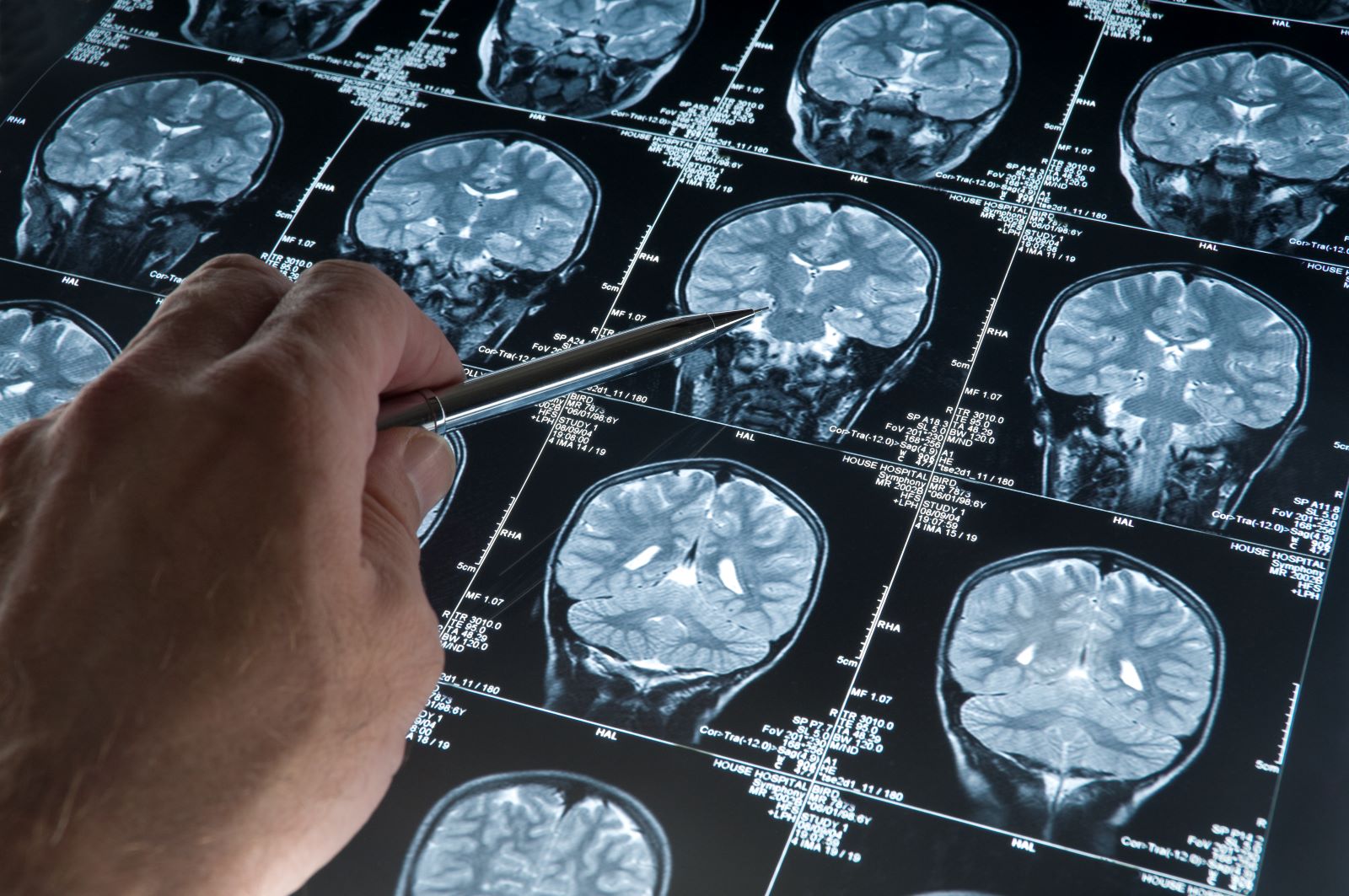<< Back
Don’t Panic Yet: Learn the Real Symptoms of a Brain Tumor, Straight From a Neuro-Oncologist

May 09, 2023
Have a massive headache? Trouble balancing? Mentally confused?
A quick internet search of symptoms often leads people to extreme self-diagnoses – brain tumors being one of them.
But when should you actually worry about a brain tumor? Alexis Demopoulos, MD, a neuro-oncologist with the Hartford HealthCare Cancer Institute, explains the symptoms of brain tumors, why timing matters and what to do if you’re concerned.
Brain tumors are rare.
Only about 12 in every 100,000 adults in the U.S. will get a brain tumor, Dr. Demopoulos says. Of those, only six will be malignant, for about 30,000 brain tumors of all types each year.
One unique characteristic of brain tumors is that they can happen at any age, although he adds they are more likely in people over 60.
“In children, too, the most common solid tumor is a brain tumor,” he says.
6 kinds of symptoms
Dr. Demopoulos says experts generally organize symptoms into six categories:
- Mental status. This includes whether you can pay attention or use language appropriately.
- Cranial nerves. Nerves in the head control the senses, so he’ll determine if you see, hear, smell, taste and feel touch normally.
- Sensation. How you touch or feel in the rest of the body is important, too.
- Muscle strength. Just as the brain receives sensations, it sends signals for movement and strength to both sides of the body, the arms and legs. Checking that tells him how well the brain is working.
- Balance and coordination. Coordinated movement depends on proper brain function integration, where many different systems work together to walk or play the piano.
- Reflexes. A rap to joints can determine if the body’s spontaneous reflexes work.
> Related: 8 Things You Think Cause Cancer But Don’t
“When did it start?”
Time is the ideal predictor of brain tumors.
No matter your symptoms, one of the first questions many specialists ask is “When did it start?” That, according to Dr. Demopoulos, helps determine how likely a brain tumor could be the culprit.
“The element of time is important for many symptoms,” he explains. “If the worst headache of your life starts explosively, for example, it’s probably not a brain tumor but cerebral hemorrhage. Mental confusion that worsens over days to weeks, on the other hand, could be a tumor, while if it worsens over years to decades, it’s probably dementia.”
When to see a doctor
If you’re concerned about symptoms, speak with your primary care provider. They can assess you, make recommendations or referrals, or just put your mind at ease.
And although a brain tumor is a scary diagnosis, patients with brain tumors are living longer and with less impairment than ever before thanks to treatments like surgery, chemotherapy and radiation.
“We’re able to identify tumors, their locations and all sorts of new details to guide treatment and predict outcomes really well.”